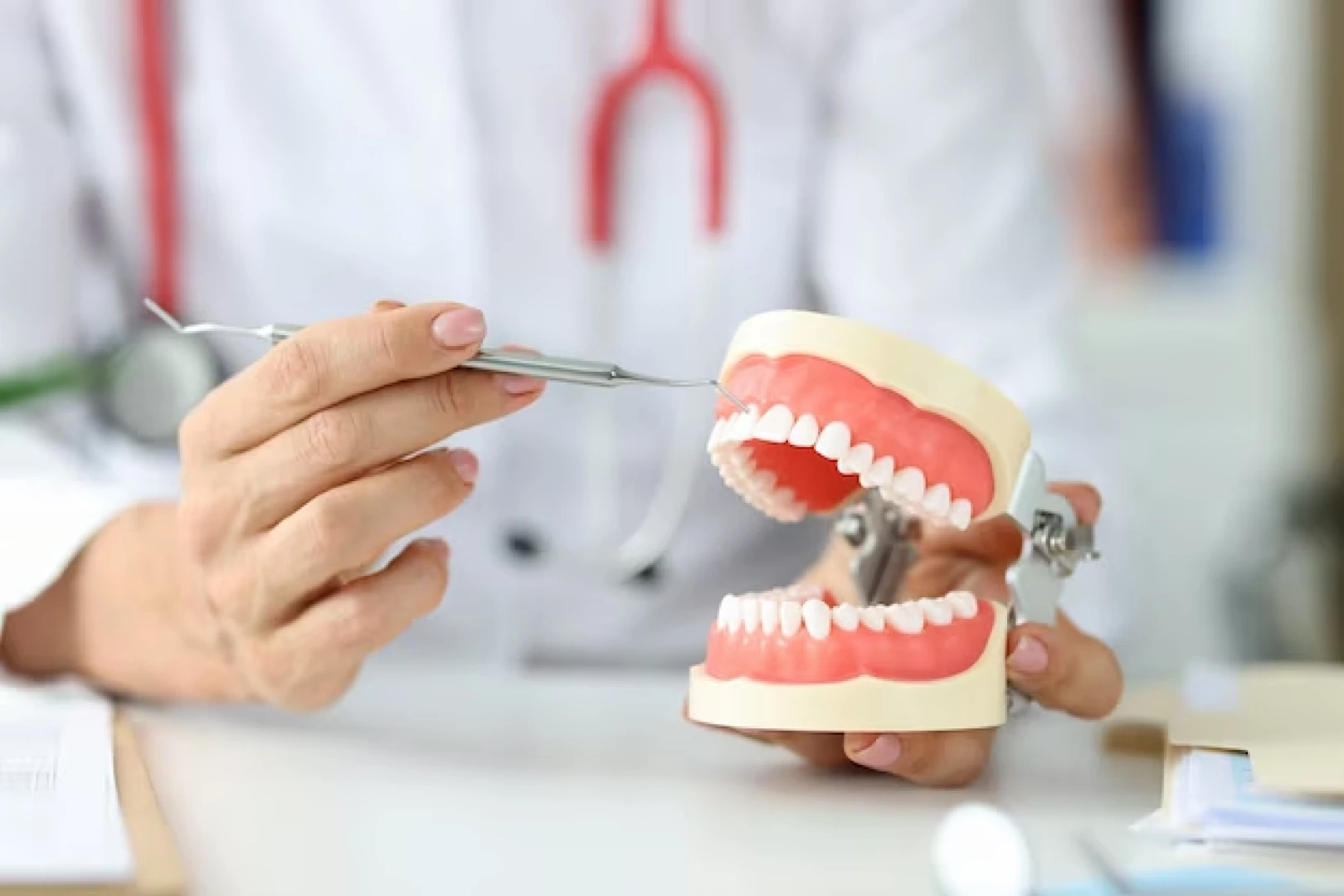It is really easy to practice preventive dentistry. It refers to oral care, including common toothbrushing, flossing, and dental checkups. These practices can determine whether you have good or bad dental health for the rest of your life. This is why preventative dentistry in Malaysia focuses heavily on children, as these behaviors must be developed early in life.
Most of the work in preventative dentistry lies on you as an individual, with the occasional input from a dentist near you supplementing your efforts. In this article, we’ll look at how you and your dentist in Kuala Lumpur contribute to your oral health in different ways.
Common Preventive Dental Services.
Some preventive dental services include:
- Check-ups or oral evaluations
- Professional cleaning and x-rays
- Fluoride treatments, especially for kids.
- To stop decay inside the grooves that naturally form in permanent molar teeth, sealants are coatings that are put on their upper surfaces.
- Your dentist or dental hygienist will provide educational instructions and counseling, including proper brushing and flossing practices, nutritional and tobacco cessation advice, and space maintainers for children.
Individuals’ Role in Preventive Dentistry
When it comes to preventive dentistry, brushing your teeth is the most important part. We are all expected to brush twice a day with fluoride toothpaste American Dental Association (ADA Approved). This is done in the morning and after dinner, with a soft-bristled toothbrush. You are expected to replace your toothbrush three to four times every year. Proper tooth brushing must be learned. A dentist in Dento can demonstrate this to you. Do not ignore your tongue. Brushing your tongue keeps microorganisms at bay and offers you fresh breath.
You should always floss your teeth after brushing teeth. Dental floss can get into small areas that a toothbrush cannot. If you have braces, use floss threaders to get between the metal threads. Ask your dentist for a flossing demonstration since you need to do it correctly. Using mouthwash to rinse your mouth is also a good idea.
A well-balanced diet is also helpful for oral health. Vegetables and fruits are rich sources of vitamins and minerals. This should make up a major part of your diet. Eat as little acidic and sugary food as you can. Drink plenty of water. Stop smoking; it’s harmful to your teeth and gums. Be careful what you chew, as hard foods can harm your teeth. If you engage in contact sports, use mouth protection all the time.
What Are the Advantages of Preventive Dentistry?
Good dental hygiene can greatly reduce your chances of developing cavities, gingivitis, periodontitis, and other dental problems. This, in turn, can lower your chance of developing secondary disorders as a result of poor oral hygiene. Some health concerns that could be connected to poor dental health include:
Risk factors include
- Diabetes
- Osteoporosis
- Respiratory disease
- Cancer
- Heart disease.
In addition to lowering your risk of other health problems, using good preventive health can help you save money. While preventative dentistry does not remove the need for fillings, root canals, or dental implants, it can greatly reduce the need for these costly treatments.
Your Dentist’s Role in Preventative Dentistry
Dentistry has several specialties. A general or family dentist is well-equipped to provide preventive dental care for you and your family. Children will benefit more if they receive routine treatments from a pediatric dentist. The

